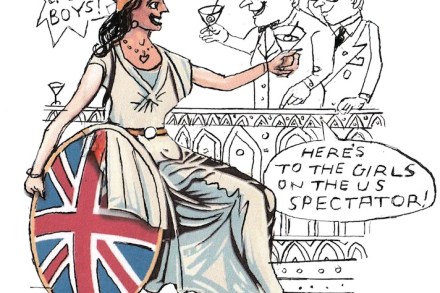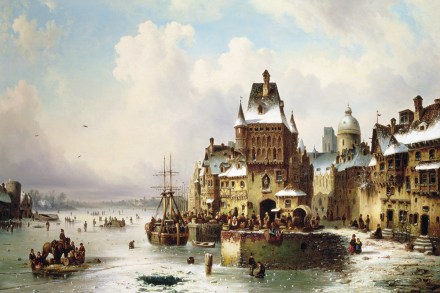Why can’t Friedrich Merz just say sorry?
‘We live in one of the most beautiful countries in the world,’ began a seemingly innocuous speech by German Chancellor Friedrich Merz last week. The words that followed earned him the wrath of the largest state in South America. Just back from the Cop climate summit in Belem, Brazil, Merz declared that his delegation had been ‘glad to return from that place’. When he’d asked the accompanying journalists if anyone would like to stay, ‘nobody raised their hand’. Appearing to compare their country unfavourably to Germany, Merz’s remarks offended many of Brazil’s leaders. President Lula hit back by suggesting Merz should have gone out to a bar or dancing in Belem before passing judgment




















